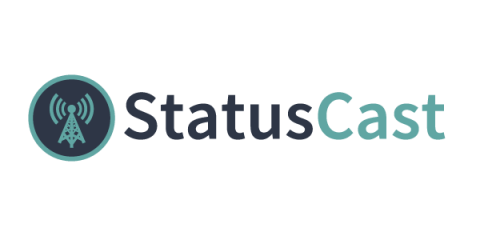Operations | Monitoring | ITSM | DevOps | Cloud
Alerting
Opsgenie: First Look
Intent-based Capacity Planning and Autoscaling with Kubernetes
6 Best Practices For Outstanding Critical Incident Management
"Businesses need to face the inevitability of being hacked at some point. It's not a question of if, but when — and that's why being proactive to minimize the risk is essential." Robert Egan. When a critical incident hits, what happens to an organization without an efficient incident management plan? Essentially, all stakeholders are left "fighting fires," trying to recover their systems, and get their business back up and running.
What is BigPanda?
Opsgenie Email Integration Overview
Four Healthcare Workflows for Better Clinical Communications
Healthcare organizations strive to enhance patient experience, ensuring that patients receive proper treatment at the right time, every time. However, due to antiquated communication tools, such as the pager, this goal is often difficult to achieve for some healthcare providers. Today’s healthcare facilities require an advanced pager replacement solution, integrating with intelligent scheduling systems and EMR solutions for better patient outcomes.
What's All the Fuss About Business Continuity Planning
Digital transformation has created more gateways for vulnerability and risk. So in addition to natural disasters that can impact a business, organizations are faced with cyberattacks that can truly cripple their business. A solid business continuity plan makes sure that your company is ready for whatever may come its way, be it fire, flood, critical technical failure, or a cyberattack.
StatusCast Updates Status Page Service
StatusCast is always working to improve how IT Managers and Helpdesk Teams keep users apprised of system statuses during incidents and scheduled downtime. As a leading provider of corporate and SaaS status pages, we interview users and managers to better understand the status page landscape and use that information to constantly improve our corporate status board service.
HBO's "Chernobyl": Is there a lesson here for IT incident management?
I’m a big fan of historical TV dramas and last week I finished watching the stunning and shattering HBO TV miniseries about the 1986 Chernobyl disaster. As a monitoring expert and a product manager, I have visited dozens of IT operations centers, control rooms and NOCs, so I couldn’t help but compare them to the Chernobyl control room scenes in the show.










